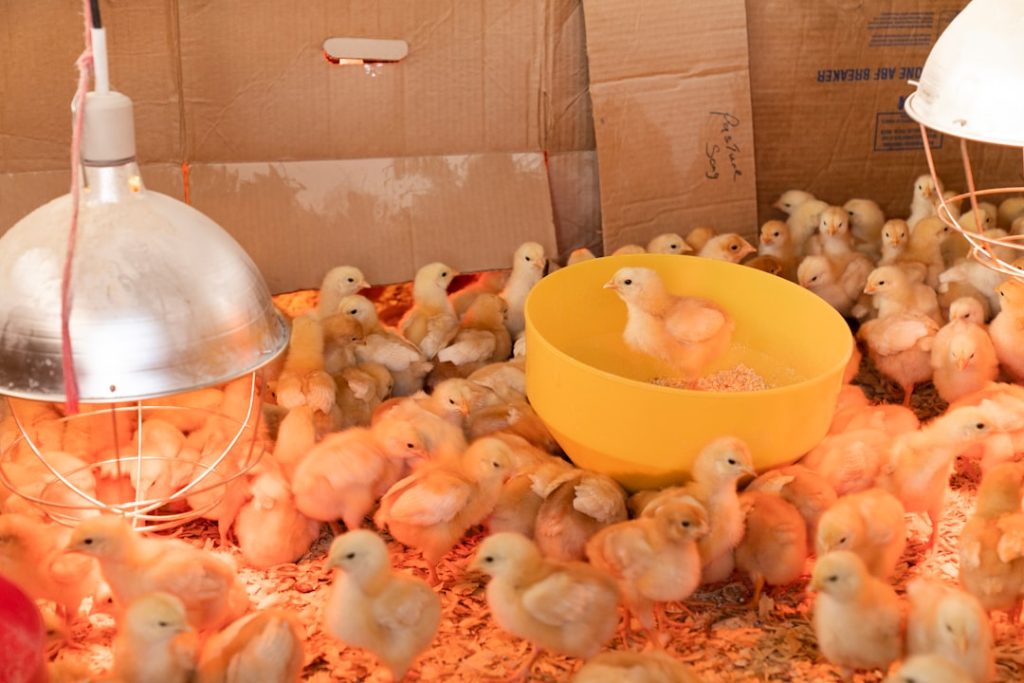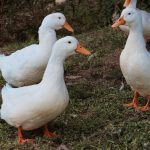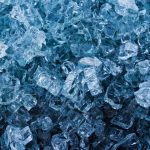During winter, ducks and chickens have specific requirements to maintain their health and well-being. Both species are affected by cold temperatures, but their natural adaptations and needs differ. Ducks possess insulating down feathers that provide some protection against the cold, while chickens are generally more vulnerable to low temperatures and require additional care.
Shelter is crucial for both ducks and chickens during winter. Ducks, being more cold-hardy, need a dry, draft-free shelter to protect them from harsh weather conditions. Chickens require a well-insulated coop to maintain warmth.
Both species need protection from wind, precipitation, and extreme cold. Access to unfrozen fresh water is essential for ducks and chickens throughout winter. Proper nutrition is also vital to help them maintain body temperature and energy levels.
The diet may need to be adjusted to provide additional calories and nutrients during colder months. Understanding and addressing these specific winter needs is crucial for poultry keepers to ensure the health and comfort of their ducks and chickens during the colder season. Proper care and environmental management can help these birds thrive despite challenging weather conditions.
Table of Contents
- 1 Providing proper shelter and bedding
- 2 Ensuring adequate ventilation while keeping them warm
- 3 Using heat lamps and other heating methods
- 4 Providing extra insulation for the coop
- 5 Offering warm and nutritious food and water
- 6 Monitoring their health and behavior during winter months
- 7 FAQs
- 7.1 What are some general tips for keeping ducks and chickens warm in winter?
- 7.2 How can I provide a draft-free and well-ventilated coop for ducks and chickens in winter?
- 7.3 What type of bedding should I use to keep ducks and chickens warm in winter?
- 7.4 How can I provide extra feed to help ducks and chickens generate body heat in winter?
- 7.5 When should I use heat lamps or heated waterers for ducks and chickens in winter?
Key Takeaways
- Ducks and chickens have different needs in winter, so it’s important to understand their specific requirements for warmth and comfort.
- Proper shelter and bedding are essential for keeping ducks and chickens warm and dry during the winter months.
- Adequate ventilation is crucial for preventing moisture buildup and ensuring good air quality, while still keeping the coop warm.
- Heat lamps and other heating methods can be used to provide additional warmth, but they should be used with caution to prevent fire hazards.
- Adding extra insulation to the coop can help to retain heat and keep ducks and chickens comfortable during cold weather.
- Offering warm and nutritious food and unfrozen water is important for maintaining the health and well-being of ducks and chickens in winter.
- Regularly monitoring the health and behavior of ducks and chickens during winter can help to identify and address any issues that may arise.
Providing proper shelter and bedding
Shelter Requirements for Ducks
Ducks require a shelter that is dry, draft-free, and well-ventilated to protect them from the cold and dampness. A well-insulated duck house with plenty of bedding, such as straw or wood shavings, will help keep ducks warm and comfortable during the winter.
Shelter Requirements for Chickens
Chickens, on the other hand, require a well-insulated coop with plenty of bedding to keep them warm. The coop should be free from drafts and have adequate ventilation to prevent moisture buildup, which can lead to respiratory issues in chickens.
Maintenance and Upkeep
In addition to providing proper shelter, it is important to regularly clean and maintain the bedding in both duck houses and chicken coops. Clean bedding helps to insulate the animals from the cold ground and provides a comfortable environment for them to rest and roost. Regularly adding fresh bedding and removing soiled bedding will help keep ducks and chickens warm and healthy during the winter months. It is also important to regularly check for any drafts or leaks in the shelter that could compromise its ability to keep the animals warm and dry.
Ensuring adequate ventilation while keeping them warm
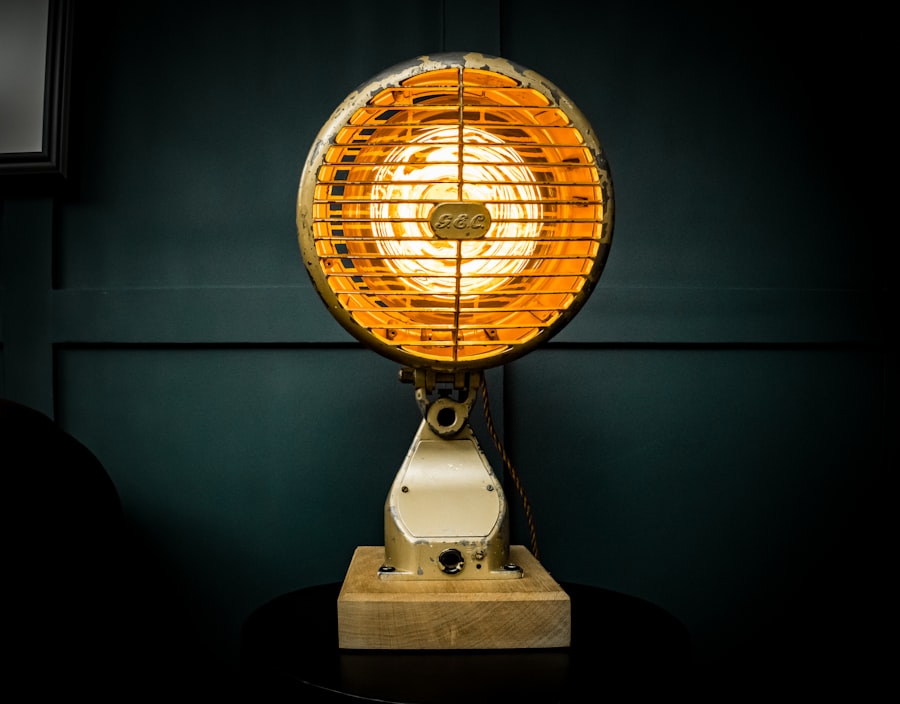
Ensuring adequate ventilation while keeping ducks and chickens warm during the winter months is essential for their health and well-being. Proper ventilation helps to remove moisture from the air, which can lead to respiratory issues in ducks and chickens if not managed properly. Ducks require a well-ventilated shelter that allows for air circulation without creating drafts.
Adequate ventilation in a duck house helps to prevent moisture buildup, which can lead to respiratory issues and frostbite in ducks. Chickens also require proper ventilation in their coop to prevent moisture buildup and respiratory issues. Ensuring adequate ventilation while keeping ducks and chickens warm during the winter months is crucial for their health and well-being.
In addition to providing proper ventilation, it is important to monitor the humidity levels in both duck houses and chicken coops during the winter months. High humidity levels can lead to moisture buildup, which can cause respiratory issues and frostbite in ducks and chickens. Using a hygrometer to monitor humidity levels can help ensure that the shelter is properly ventilated and that moisture levels are kept in check.
Ensuring adequate ventilation while keeping ducks and chickens warm during the winter months is essential for their health and well-being.
Using heat lamps and other heating methods
Using heat lamps and other heating methods can help keep ducks and chickens warm during the winter months. Heat lamps can be used to provide supplemental warmth in duck houses and chicken coops, especially during particularly cold nights. It is important to use heat lamps with caution, as they can pose a fire hazard if not used properly.
Heat lamps should be securely mounted out of reach of the animals, with proper insulation to prevent accidental contact with flammable materials. Additionally, it is important to regularly check heat lamps for any signs of wear or damage that could pose a safety risk. Using heat lamps and other heating methods can help keep ducks and chickens warm during the winter months.
In addition to heat lamps, other heating methods such as heated waterers or heated pads can also be used to provide supplemental warmth for ducks and chickens during the winter months. Heated waterers help prevent water from freezing, ensuring that ducks and chickens have access to fresh water at all times. Heated pads can be placed under nesting boxes or roosting areas to provide additional warmth for ducks and chickens during cold nights.
Using heat lamps and other heating methods can help keep ducks and chickens warm during the winter months.
Providing extra insulation for the coop
Providing extra insulation for the coop is essential for keeping ducks and chickens warm during the winter months. Insulating the walls, ceiling, and floor of the coop helps retain heat and prevent drafts, creating a comfortable environment for ducks and chickens. Insulation materials such as foam board or fiberglass insulation can be used to line the interior of the coop, helping to maintain a consistent temperature inside.
It is important to ensure that insulation materials are properly installed and do not pose a safety risk for the animals. Providing extra insulation for the coop is essential for keeping ducks and chickens warm during the winter months. In addition to insulating the coop, it is important to seal any gaps or cracks that could allow drafts to enter the shelter.
Caulking or weather-stripping can be used to seal gaps around windows, doors, and vents, helping to prevent cold air from entering the coop. It is also important to regularly check for any signs of wear or damage to insulation materials or seals that could compromise their effectiveness. Providing extra insulation for the coop is essential for keeping ducks and chickens warm during the winter months.
Offering warm and nutritious food and water
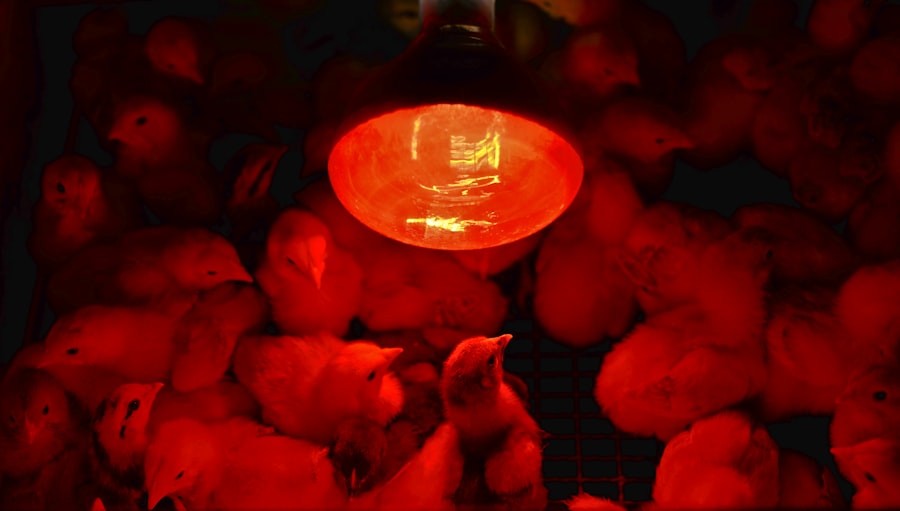
Nutritious Food for Energy
Offering warm and nutritious food is essential for keeping ducks and chickens healthy during the winter months. Ducks and chickens require additional energy to stay warm in cold temperatures, making it important to provide them with high-quality feed that is rich in nutrients. Supplemental treats such as cracked corn or mealworms can also be offered to provide extra energy for ducks and chickens during the winter months.
Keeping Feeders Clean and Dry
Additionally, it is important to ensure that feeders are kept clean and free from moisture, which can cause feed to spoil. This will help ensure that the nutritious food provided remains fresh and effective.
Fresh Water Access
In addition to providing nutritious food, it is important to ensure that ducks and chickens have access to fresh water at all times. Water is essential for maintaining hydration and regulating body temperature in ducks and chickens, making it crucial to prevent it from freezing during the winter months. Heated waterers or regular water changes can help ensure that ducks and chickens have access to fresh water that is not frozen.
Monitoring their health and behavior during winter months
Monitoring their health and behavior during winter months is crucial for ensuring that ducks and chickens are thriving in their environment. It is important to regularly check on ducks and chickens for any signs of illness or injury, as well as changes in behavior that could indicate discomfort or stress. Common signs of illness in ducks and chickens include lethargy, decreased appetite, abnormal droppings, or respiratory issues.
It is important to seek veterinary care if any concerning symptoms are observed in ducks or chickens during the winter months. Monitoring their health and behavior is crucial for ensuring that ducks and chickens are thriving in their environment. In addition to monitoring their health, it is important to observe their behavior for any signs of discomfort or stress related to cold temperatures.
Ducks may huddle together for warmth or fluff up their feathers to retain heat, while chickens may seek out warmer areas of the coop or exhibit signs of distress such as shivering or decreased activity. Providing additional heating or insulation may be necessary if ducks or chickens are showing signs of discomfort due to cold temperatures. Monitoring their health and behavior is crucial for ensuring that ducks and chickens are thriving in their environment.
In conclusion, understanding the specific needs of ducks and chickens in winter is crucial for providing them with the proper care and environment to thrive during the colder months. Providing proper shelter, bedding, ventilation, heating methods, insulation, food, water, as well as monitoring their health are all essential aspects of caring for these animals during winter months. By taking these factors into consideration, duck owners can ensure that their animals remain healthy, comfortable, and happy throughout the winter season.
If you’re looking for tips on how to keep ducks and chickens warm in winter, you might also be interested in learning about the mating season for turkeys. Check out this article to discover more about the breeding habits of turkeys and how to ensure their comfort during the colder months.
FAQs
What are some general tips for keeping ducks and chickens warm in winter?
Some general tips for keeping ducks and chickens warm in winter include providing a draft-free and well-ventilated coop, using deep bedding for insulation, providing extra feed to help them generate body heat, and using heat lamps or heated waterers if necessary.
How can I provide a draft-free and well-ventilated coop for ducks and chickens in winter?
To provide a draft-free and well-ventilated coop for ducks and chickens in winter, make sure to seal any drafts, but also ensure that there is adequate ventilation to prevent moisture buildup. This can be achieved by using insulation, sealing any gaps or cracks, and adding vents or windows that can be opened or closed as needed.
What type of bedding should I use to keep ducks and chickens warm in winter?
Deep bedding, such as straw or wood shavings, can be used to provide insulation and warmth for ducks and chickens in winter. This bedding should be kept clean and dry to prevent moisture buildup, which can lead to cold and damp conditions.
How can I provide extra feed to help ducks and chickens generate body heat in winter?
Providing extra feed, such as grains and high-energy treats, can help ducks and chickens generate body heat in winter. This extra feed can also help them maintain their body condition and stay warm during the colder months.
When should I use heat lamps or heated waterers for ducks and chickens in winter?
Heat lamps or heated waterers can be used for ducks and chickens in winter if the temperatures are consistently below freezing and the birds are unable to stay warm enough on their own. It’s important to use these heating devices safely and to monitor the birds for any signs of overheating or fire hazards.
Meet Walter, the feathered-friend fanatic of Florida! Nestled in the sunshine state, Walter struts through life with his feathered companions, clucking his way to happiness. With a coop that’s fancier than a five-star hotel, he’s the Don Juan of the chicken world. When he’s not teaching his hens to do the cha-cha, you’ll find him in a heated debate with his prized rooster, Sir Clucks-a-Lot. Walter’s poultry passion is no yolk; he’s the sunny-side-up guy you never knew you needed in your flock of friends!

